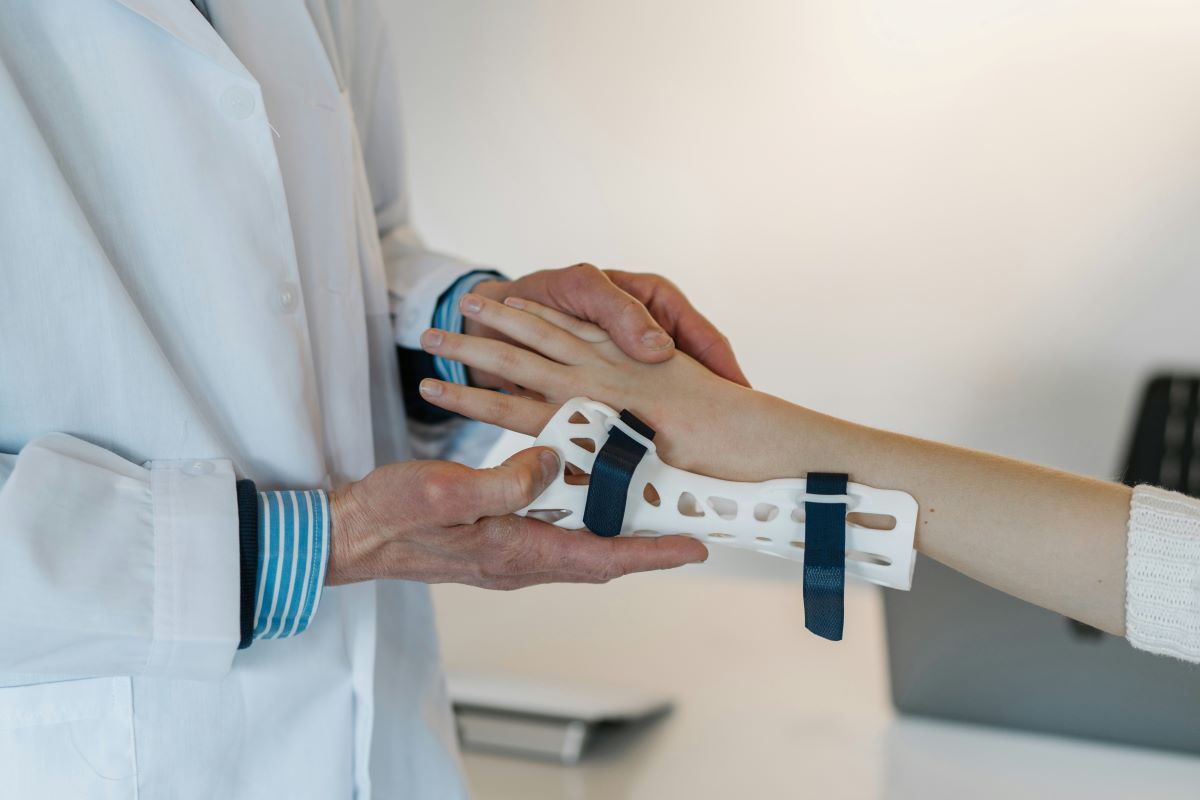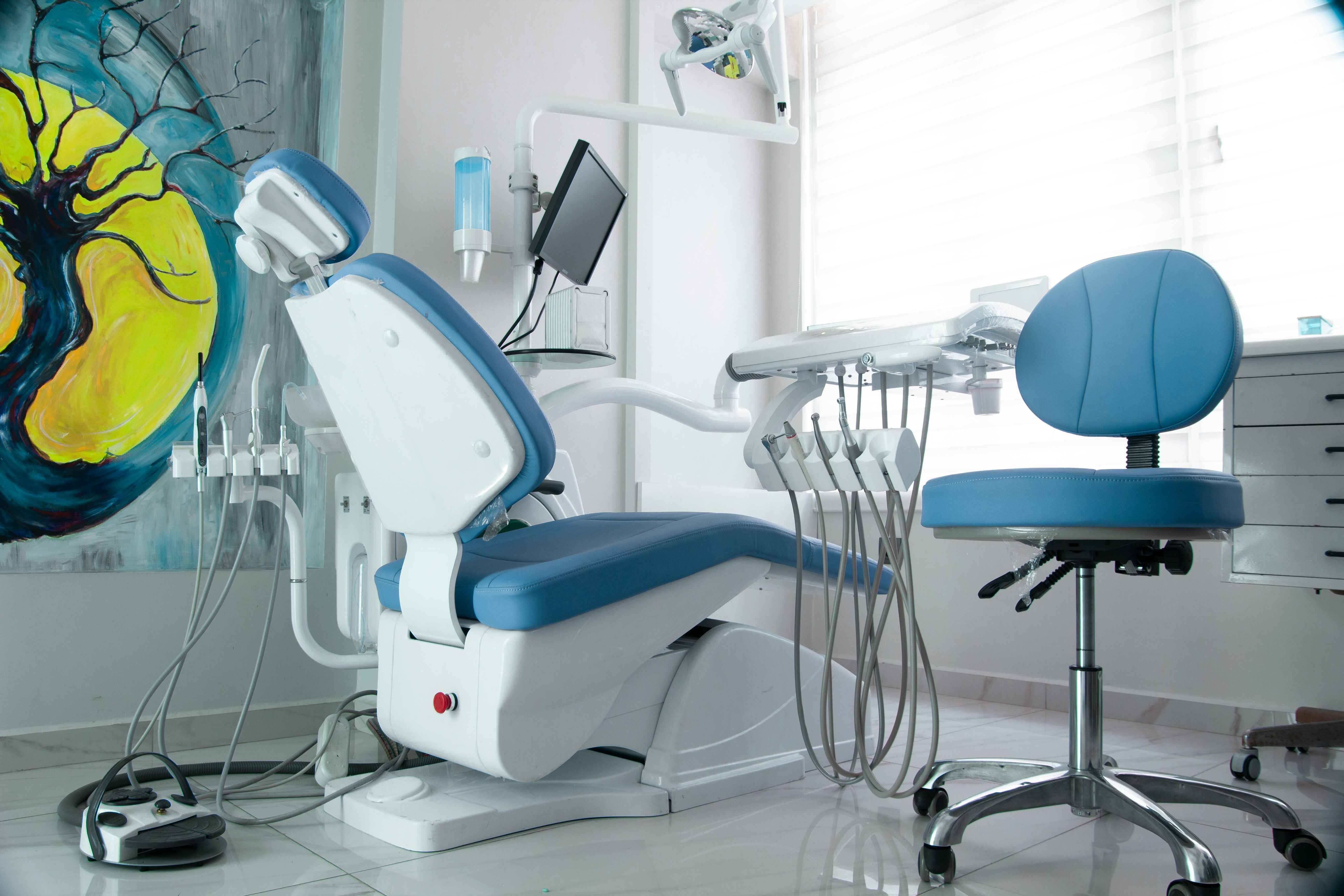Scope of Practice and Duties
Dental assistants primarily work alongside dentists, providing chair-side assistance during procedures, sterilizing instruments, and preparing patients for treatment. They may also handle administrative tasks like scheduling appointments and managing patient records. In contrast, patient care technicians, also known as nursing assistants or nurse aides, work in hospitals, nursing homes, and long-term care facilities, assisting patients with activities of daily living such as bathing, dressing, and eating. They also take vital signs, provide emotional support, and report patients' conditions to nursing staff.
The scope of practice for dental assistants is specific to dental procedures and tasks, while patient care technicians have a broader range of responsibilities that encompass various aspects of patient care. While both roles involve direct patient interaction, dental assistants focus on dental procedures and office tasks, whereas patient care technicians provide more comprehensive care to patients in medical settings.
Educational Requirements and Training
Becoming a dental assistant typically requires completing a dental assisting program, which can vary in length from several months to a year. These programs cover topics such as dental terminology, infection control, radiography, and chair-side assisting techniques. Some states also require dental assistants to obtain certification or licensure, which may involve passing an exam or completing continuing education courses.
On the other hand, patient care technicians usually complete a state-approved nursing assistant program, which typically lasts a few months and includes classroom instruction and clinical training. Topics covered in these programs include basic nursing skills, anatomy and physiology, communication techniques, and patient rights. After completing their training, patient care technicians must pass a competency exam to become certified nursing assistants (CNAs) or certified patient care technicians (CPCTs).
Work Environment
Dental assistants primarily work in dental offices or clinics, where they assist dentists with various procedures and provide support to patients before, during, and after treatment. They may also work in specialty practices such as orthodontics or oral surgery offices. The work environment for dental assistants is typically fast-paced and involves working closely with dental professionals and interacting with patients on a daily basis.
Patient care technicians, on the other hand, work in hospitals, nursing homes, rehabilitation centers, and other healthcare facilities where patients require ongoing care and assistance. They may work in units such as medical-surgical, intensive care, or long-term care, depending on the facility's needs. The work environment for patient care technicians can be physically demanding, requiring lifting and transferring patients, as well as emotional, as they often develop close relationships with patients and their families.
Career Advancement Opportunities
Both dental assistants and patient care technicians have opportunities for career advancement through further education and training. Dental assistants may choose to pursue additional certifications, such as expanded functions dental assistant (EFDA) or dental radiography, which can expand their scope of practice and increase their earning potential. They may also advance into roles such as office managers, dental sales representatives, or dental hygienists with additional education and experience.
Patient care technicians can advance their careers by pursuing further education to become licensed practical nurses (LPNs) or registered nurses (RNs). With additional training and experience, they may also specialize in areas such as critical care, pediatric care, or gerontology. Some patient care technicians may choose to pursue advanced degrees in nursing or healthcare administration to take on leadership roles within healthcare organizations.
Salary
The salary and job outlook for dental assistants and patient care technicians vary depending on factors such as location, experience, and level of education. The median annual wage for dental assistants is $71,726. Patient care technicians, on the other hand, earned a median annual wage of $52,572 each year.
Get Started in Dental Assisting Today
In conclusion, while dental assistants and patient care technicians both play vital roles in healthcare, they have distinct differences in their scope of practice, educational requirements, work environments, career advancement opportunities, and salary outlook. Individuals interested in pursuing a career in healthcare should carefully consider these factors to determine which path aligns best with their interests, skills, and career goals.
For individuals interested in pursuing a career as a dental assistant or exploring other healthcare-related fields, consider exploring educational opportunities at Best Bootcamps. With immersive bootcamp programs in critical fields such as dental assisting, Best Bootcamps offers accelerated education and hands-on training to prepare students for rewarding careers in healthcare. Visit Best Bootcamps to learn more and take the first step toward your future in healthcare.




